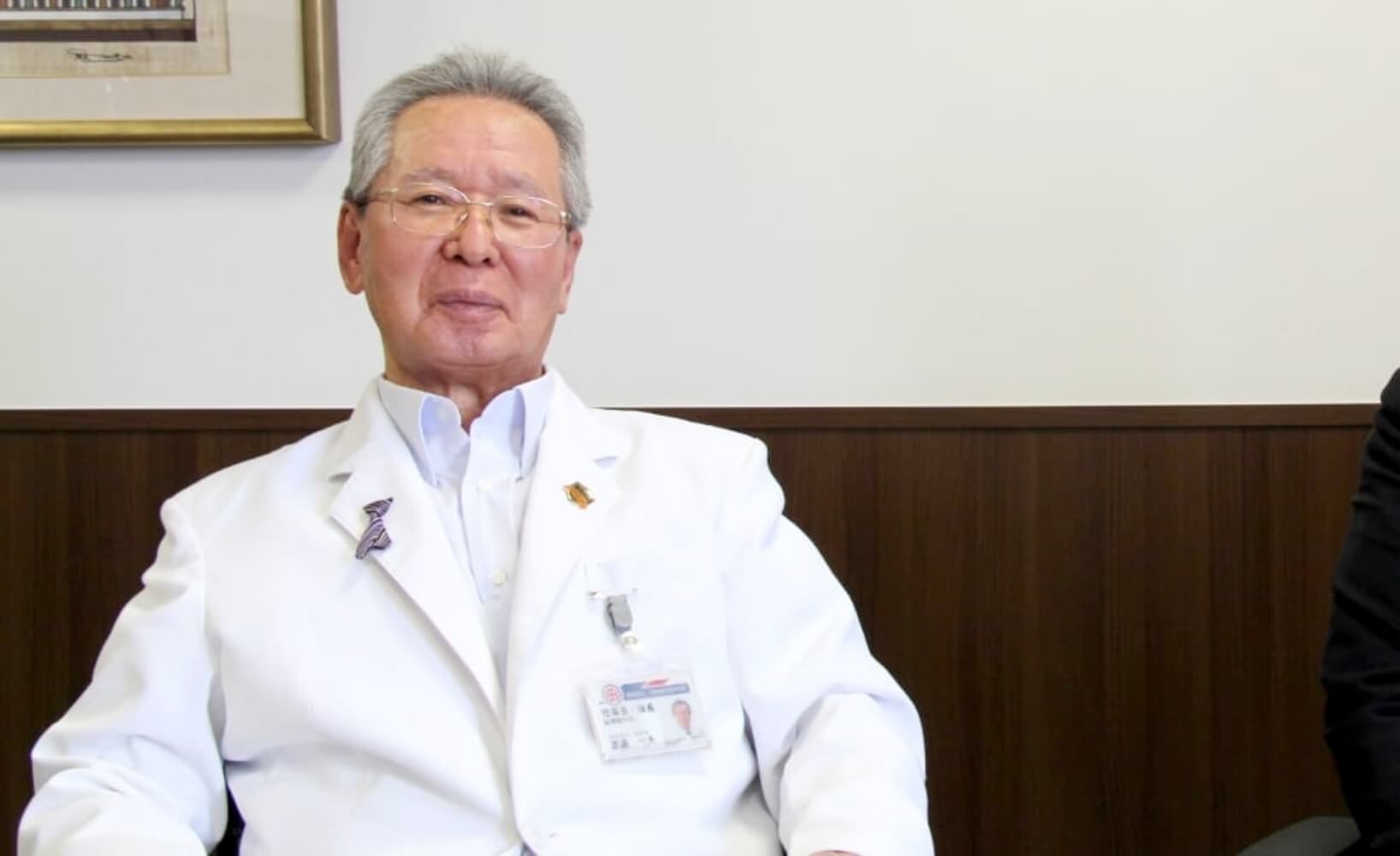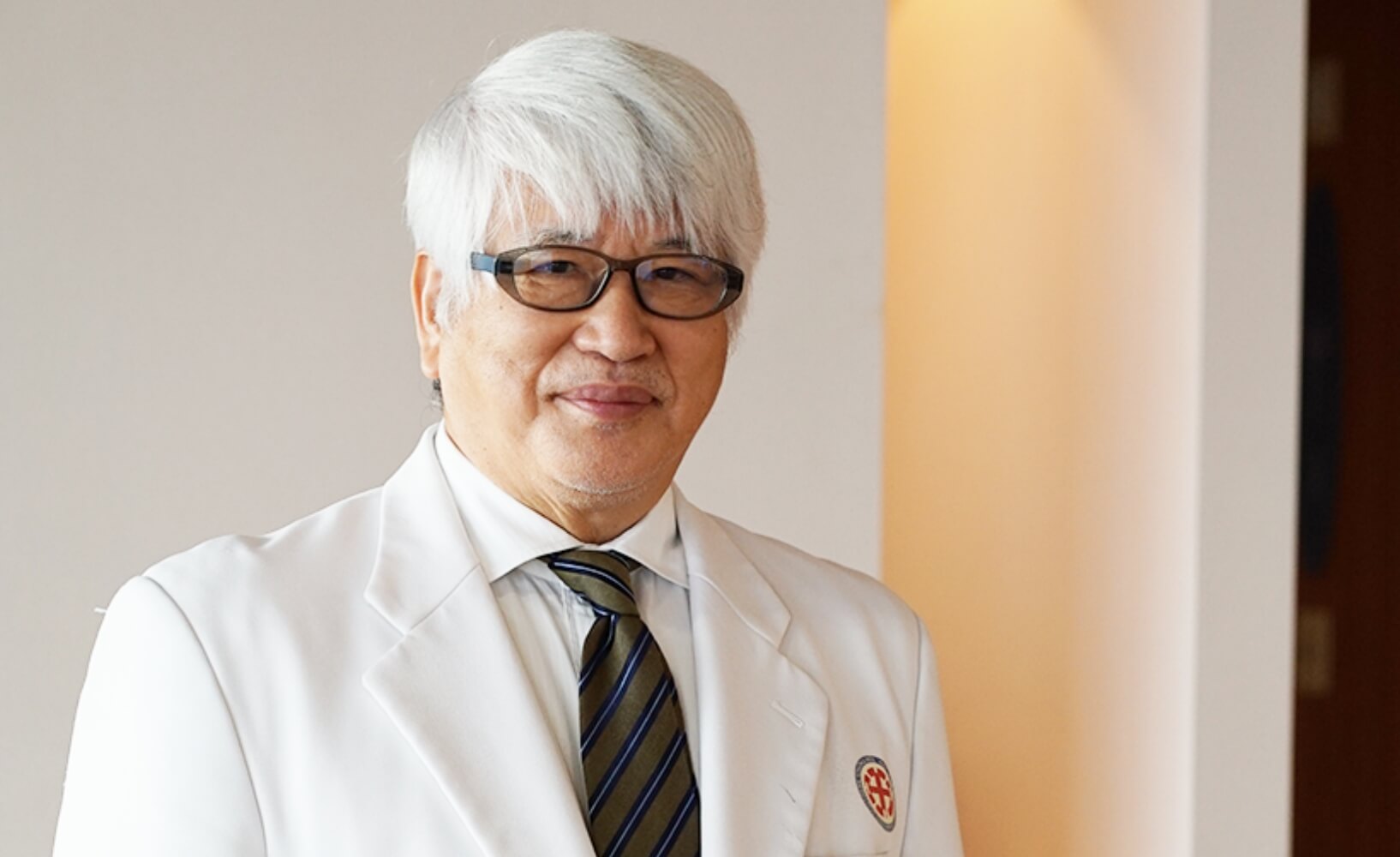Greeting

General Manager, Southern TOHOKU Hospital Group Kazuo Watanabe
In 1981, the year I opened the group's first hospital, cancer overtook stroke as the leading cause of death among Japanese. Today, more than a quarter of a century later, cancer is considered a national disease. Every year, more than 650,000 people are diagnosed with cancer, 350,000 die, and 3 million live with the cancer.
Although the government has enacted the "Basic Law for Cancer Control" and is taking various measures, the key to reducing the cancer mortality rate is "early detection and early treatment. Moreover, Japan is now one of the world's most aged societies, and there is a social demand for testing and treatment methods that are less burdensome on the body and have few side effects.
Particle therapy is a method of curing cancer without cutting, as an outpatient procedure, with few side effects, and while leading a normal life. We decided to be the first private medical institution in Japan to introduce the Proton Therapy system, a type of particle therapy. Finally, in October 2008, the "Southern TOHOKU Cancer Proton Therapy Center" opened in Koriyama City, Fukushima Prefecture, to meet the expectations of cancer patients.
Despite remarkable progress in medical science, it has been difficult until recently to fulfill the wish of cancer patients to "lead a normal life as much as possible while undergoing cancer treatment. However, Proton Therapy is changing cancer treatment dramatically. With the introduction of this therapy, we are paving the way for a new era in cancer treatment so that many patients will be able to lead enriched lives until the very end.

Director, Southern TOHOKU Proton Therapy Center Masao Murakami
The Southern TOHOKU Proton Therapy Center was established in Koriyama City, Fukushima Prefecture in 2008 as the first private Proton Therapy center in Japan, and has been actively engaged in the treatment of difficult cancers such as head and neck cancer, liver, bile and pancreatic cancer, and lung cancer. The center is characterized by its wide range of target diseases and its aggressive application of radical Proton Therapy not only to early-stage cancers but also to locally advanced cancers. In collaboration with the Department of Surgery and the Department of Internal Medicine, we are working to provide safer and more reliable treatment for patients who are difficult to treat at other facilities, such as by utilizing intra-arterial infusion therapy (dynamic injection therapy) and re-irradiation for recurrent cancer.
Proton Therapy is expected to attract more and more attention in the future as a "cancer treatment that does not change the usual routine" with less physical and mental burden, and as a "cure without surgery, even for cancers that cannot be resected". The entire staff of doctors, medical physicists, radiology technicians, nurses, and administrative staff will continue to work together to do our best for local and international patients.
